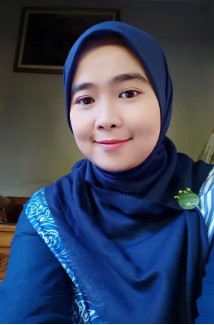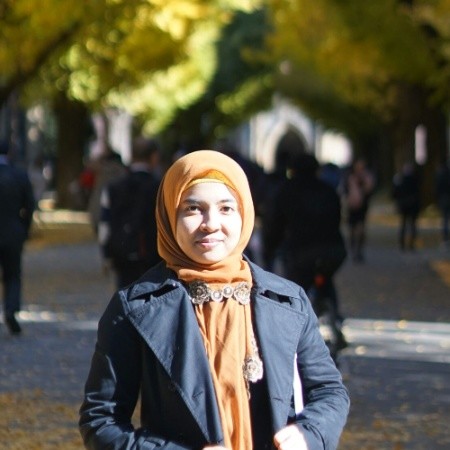THE PSYCHOEDUCATION OF LANGUAGE DISORDERS IN EARLY CHILDHOOD FOR PARENTS AND TEACHERS AT ECC DEWI SARTIKA MOJOKERTO
Downloads
Introduction: Based on an initial survey conducted among parents, prospective parents, and educators at ECC Dewi Sartika, Mojokerto, it was found that 19% of people did not know about language disorders in early childhood. In addition, 29.3% of respondents did not know about the impact and urgency of handling language disorders in children. A total of 36.2% of respondents did not know about the symptoms or indications of language disorders in children, and as many as 58.6% of respondents did not know about how to treat children with language disorders, especially in early childhood. The purpose of giving psychoeducation is increasing knowledge and attitude of those directly involved in the child's growth and development process, so they can find out an overview of the development of language and speech in children.
Methods: The psychoeducation program is in the form of an interactive talk show conducted online through one of the video conference platforms. The target participants consisted of 8 teachers, 30 parents or caregivers, and 10 other parties who are directly or indirectly involved in the care and guidance of early childhood. Participants were given a pretest and post test to measure their knowledge and attitude towards language disorders in early childhood. The results obtained will be analyzed using a t-test with the Jamovi version 2.2.5 application.
Results: The difference in the mean score is 16,842 (CI95 = [∞, 14,135]), the delivery of promotive interventions in the form of psychoeducation has a significant effect on increasing knowledge and attitudes towards language disorders in early childhood (t(48) = 10,495, p=<.001 , Cohen's d=1,702).
Conclusion: This psychoeducation program is able to increase participants' understanding and attitude towards of language disorders in early childhood.

This work is licensed under a Creative Commons Attribution 4.0 International License.
Authors who publish with Jurnal Pengabdian Masyarakat dalam Kesehatan agree to the following terms:
The journal allows the author to hold the copyright of the article without restrictions.
The journal allows the author(s) to retain publishing rights without restrictions
The legal formal aspect of journal publication accessibility refers to Creative Commons Attribution (CC BY).
Authors retain copyright and grant Jurnal Pengabdian Masyarakat dalam Kesehatan the right of first publication with the work simultaneously licensed under a Creative Commons Attribution 4.0 International License that allows others to remix, adapt and build upon the work with an acknowledgment of the work's authorship and of the initial publication in Jurnal Pengabdian Masyarakat dalam Kesehatan.
- Authors are permitted to copy and redistribute the journal's published version of the work (e.g., post it to an institutional repository or publish it in a book), with an acknowledgment of its initial publication in Jurnal Pengabdian Masyarakat dalam Kesehatan.
Jurnal Pengabdian Masyarakat dalam Kesehatan requires a formal written declaration and transfer of copyright from the author(s) for each article published. We, therefore, ask you to complete and return this form, retaining a copy for your own records. Your cooperation is essential and appreciated. Any delay will result in a delay in publication.

JPMK by Unair is licensed under a Creative Commons Attribution 4.0 International License.










